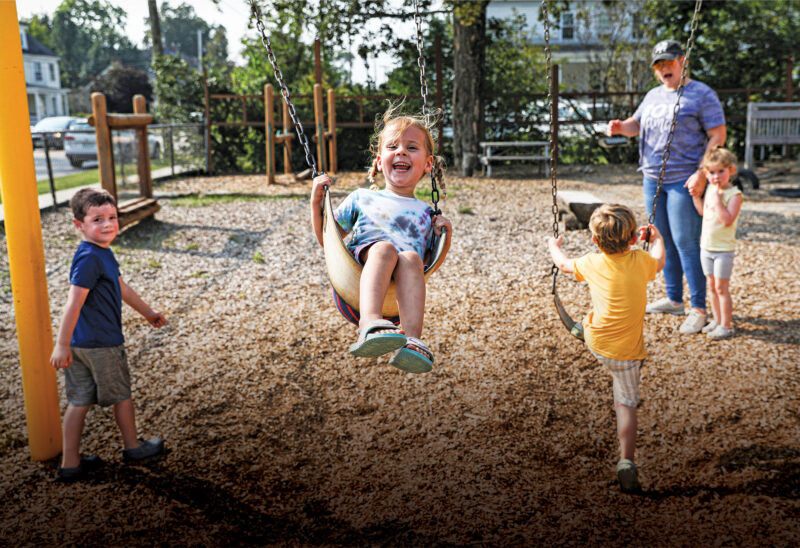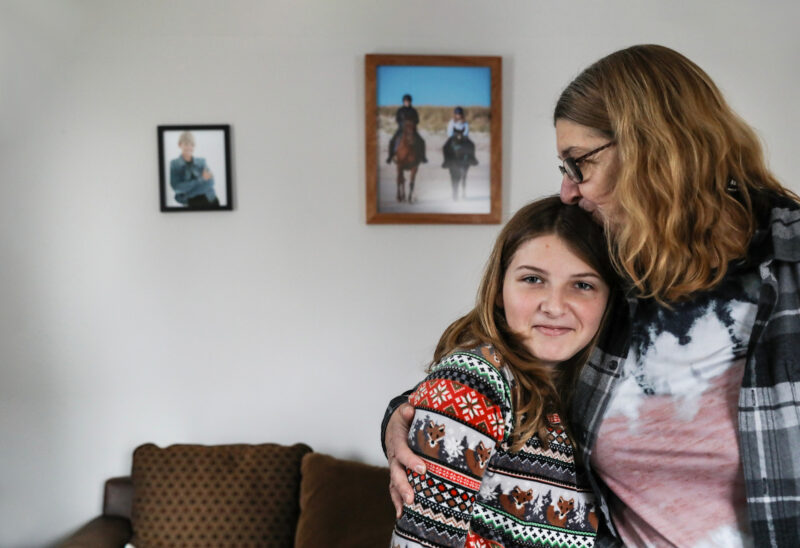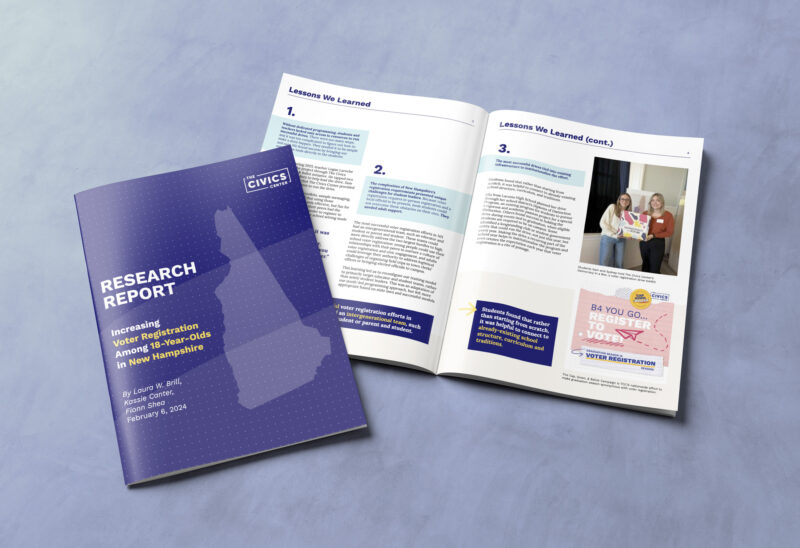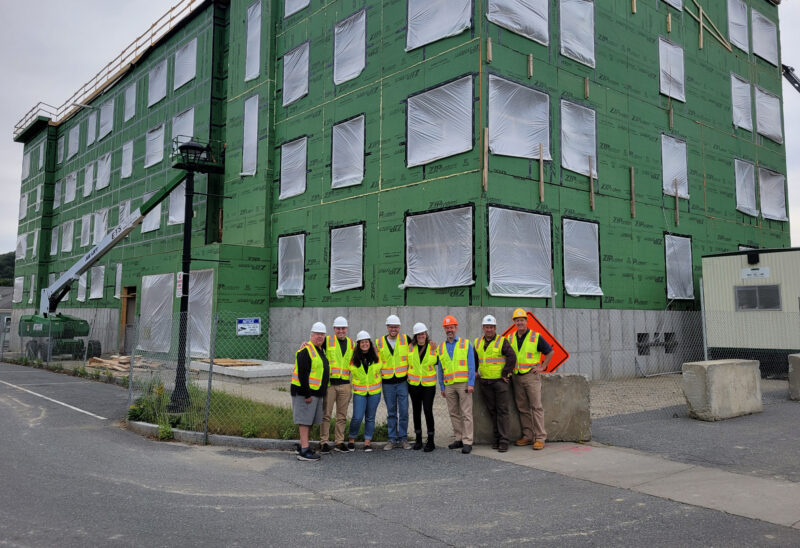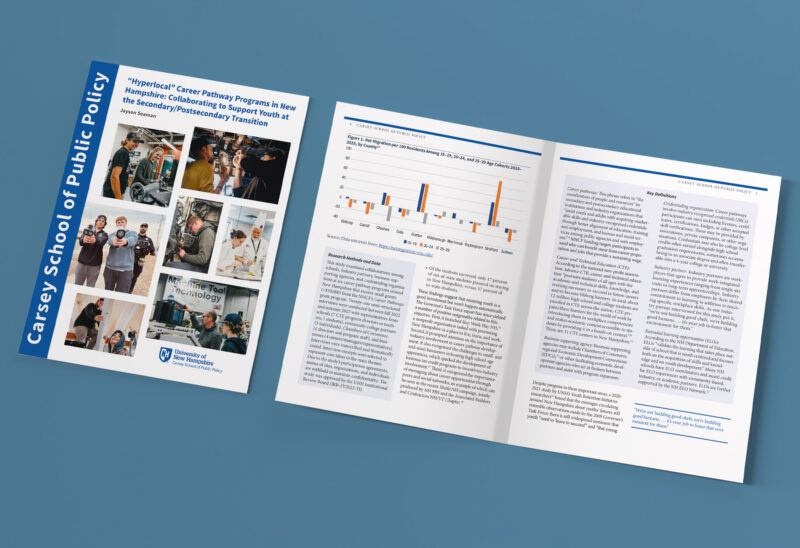The 20 kids arriving at the Boys and Girls Club of Souhegan Valley in Milford on a bright Saturday morning in October look like a typical youth recreation club excited for a day of games, crafts, pizza and a hike. Settling down for a group breakfast, they chatter about Halloween plans and costumes and catch up with their friends.
Over the course of the day, these members of the Children’s Resiliency Retreat will also share updates on their families and home lives: Parents in prison for drug- and alcohol-related offenses. Parents whose substance use disorders mean that many of these children are being raised by grandparents and other relatives (some have lost parents to overdose). After-school jobs they’ve taken so that they can buy clothes and other essentials. Their fears that a parent might suffer a relapse.
“I was with my mom when she was at the worst of her addiction, and I never knew what could trigger her,” says Kaylani Figueroa, 17, of Milford, NH. A high school senior, lacrosse player, musician and academic achiever, she has been a member of the retreat for six years. Today, she mentors younger members, helping them recover from family trauma and is an outspoken advocate for mental health awareness.
“Now, I hear from some of the younger kids here that they’re going through the same things I did, so it feels really nice to know that I can help them,” she says. Until recently, Figueroa adds, her 6-year-old sister spoke to no one other than her and her mom. Since joining the retreat program last spring, she has begun to talk, make friends and open up.
“She said she was scared to talk. But I was able to bring her here and show her that she’s not alone and that there are people here to help,” Figueroa says.
Free to children in grades 1 through 12, the day-long retreats, held monthly during the school year, offer a mix of group activities and smaller sessions divided by age. Through guided art, crafts, creative play and nature- and adventure-based learning, participants learn about creating positive relationships, trust and experiences; how to express their feelings constructively, listen and develop support networks; and, finally, how to find joy, optimism and hope in activities with others and in their own pursuits in school and work.
One of the hardest things about helping children affected by a parent’s or loved one’s substance use disorders is that they’re so good at hiding their challenges, says Monica Gallant, Director of Prevention Services at the Boys and Girls Club of Souhegan Valley. The Club launched the program in 2018 with 14 youth members, offering them a safe place to be among peers and to begin the healing process, guided by trained staff and a network of adult volunteers and supported by the Club’s Community Action for Safe Teens Coalition. Foundation grants help to support the Retreat.
“It’s remarkable to see how much these kids grow over time,” Gallant says. “We’ve had kids who started out in the program who had some really hard challenges at home. Now, they’re coming back and becoming mentors and role models for a whole new group. It’s incredibly gratifying to see.”
The retreats allow young people to share their challenges openly and confidentially in guided sessions with their peers, helping them to realize that they are not alone and that the stresses of living in a home with a substance use disorder are not their fault.
Just as importantly, its education programming teaches life skills, helps them to develop coping tools and strategies, and provides mentorship from staff and adult volunteers trained in trauma-informed care. Ultimately, the program aims to help kids break the intergenerational cycle of substance use disorder with education, leadership, public service and advocacy opportunities that inspire them toward brighter, healthier futures in supportive communities.
Between 2015 and 2019, an average of more than 21 million children per year in the United States lived with a parent who had an unhealthy relationship with alcohol or drugs, and more than two million lived with a parent who had a diagnosed substance use disorder (SUD). Children younger than 12 had a higher likelihood of living with parents with substance use disorders than children 12 and older.
The retreat also offers programming for parents and kinship caregivers at its monthly Parent Cafe, where parents, grandparents and other caregivers can connect, support one another and share tools and resources. About 70 percent of the children in the program are cared for by grandparents, says Melissa Sidilau, Prevention Services Coordinator for the Boys and Girls Club.
“We’ve had a lot of parents who not only send their kids to the retreat, but they also participate in family engagement activities, stay in touch with each other and develop their own support networks,” Sidilau says. “It becomes a really important connection for them, too.”
This type of programming is needed elsewhere – and is replicable. The Charitable Foundation has been a longstanding supporter of the Resiliency Retreat, including a recent grant to develop a toolkit that organizations across the state and country could follow to create their own programs based on trauma-informed, best practices. Designed with the help of the New Hampshire Center for Excellence on Addiction and informed by research from the National Association of Children of Alcoholics and other organizations, the toolkit will launch in the coming year.
“It all boils down to helping youth to develop strength, resiliency and resources,” Gallant says. “We’re fortunate to be able to see these kids really blossom as they move through the program.”

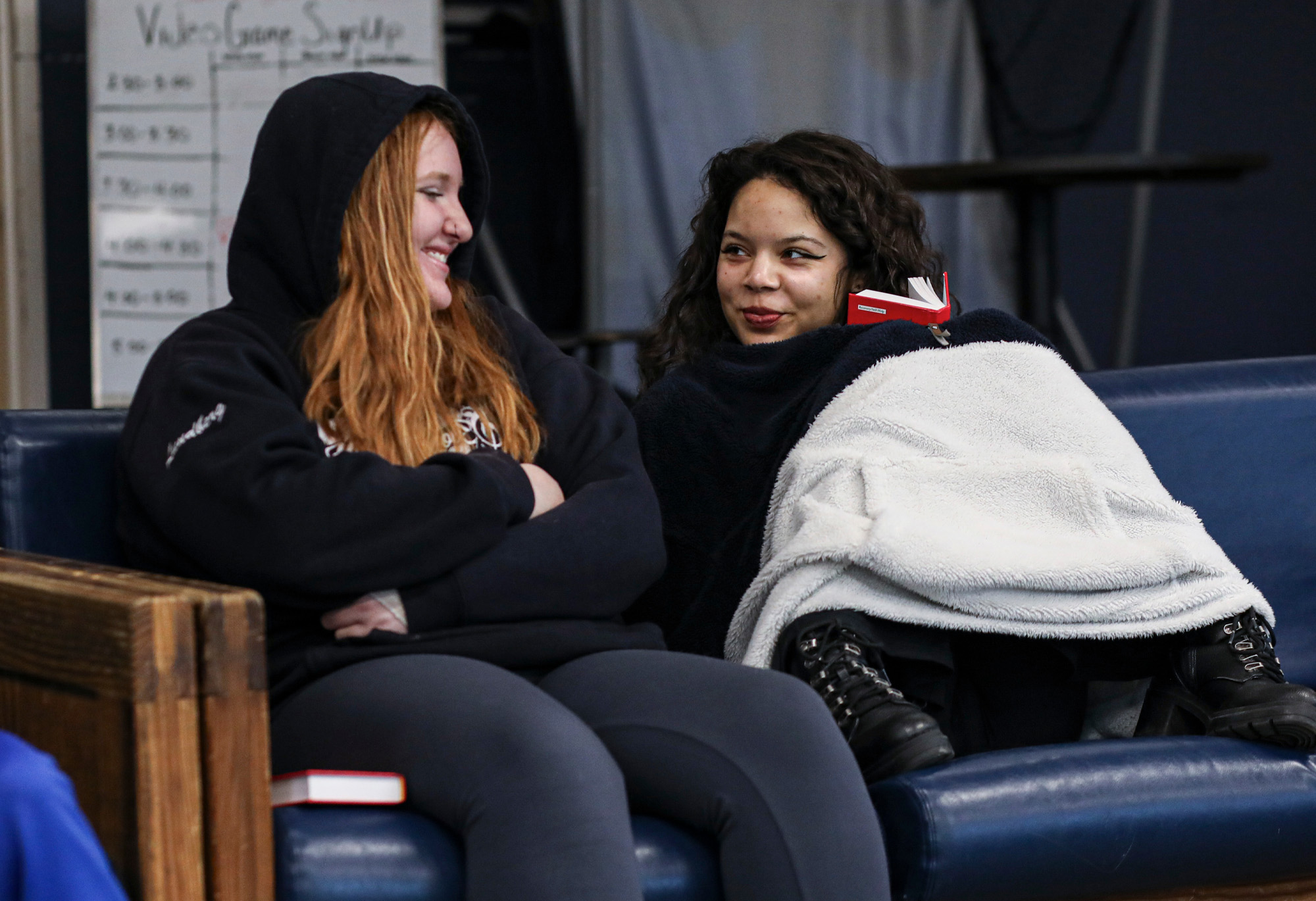






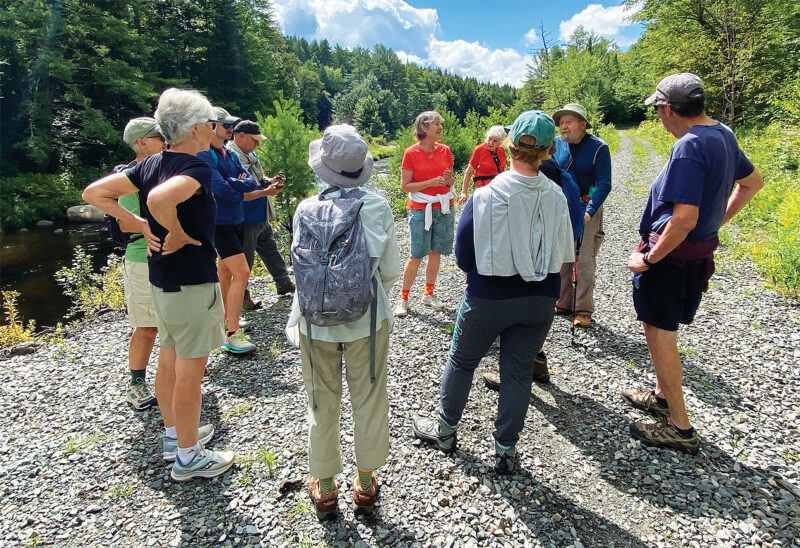

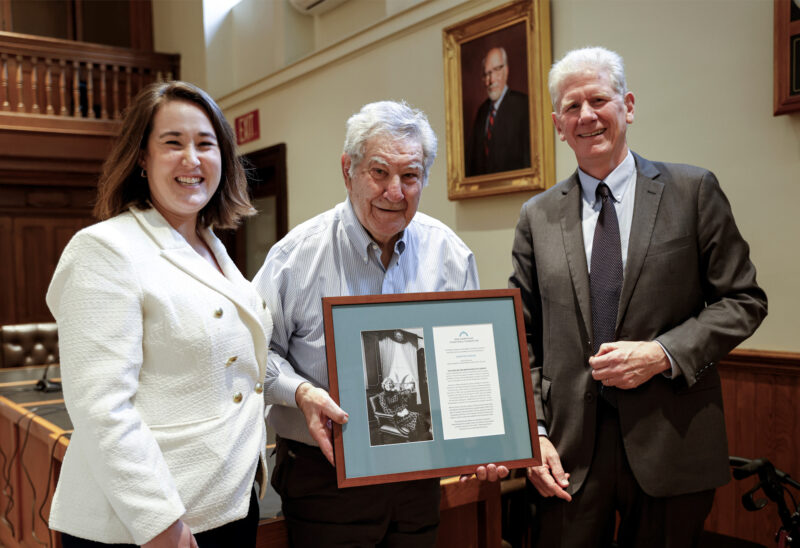

![Rev. Heidi Carrington Heath joined Seacoast Outright. [Photo by Cheryl Senter]](https://www.nhcf.org/wp-content/uploads/2024/05/Heidi-Carrington-Thumbnail-800x548.jpg)
